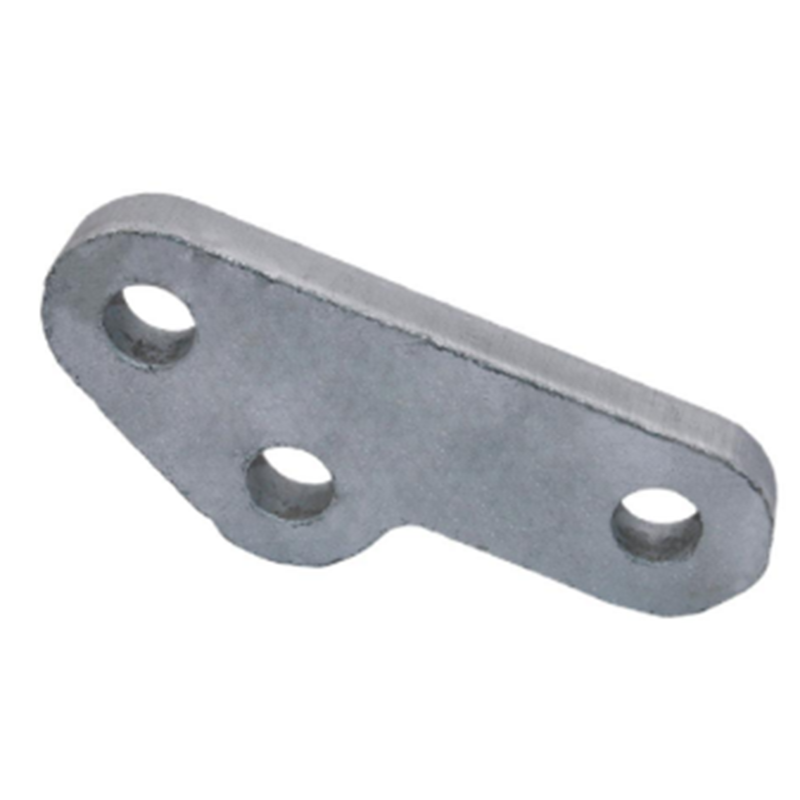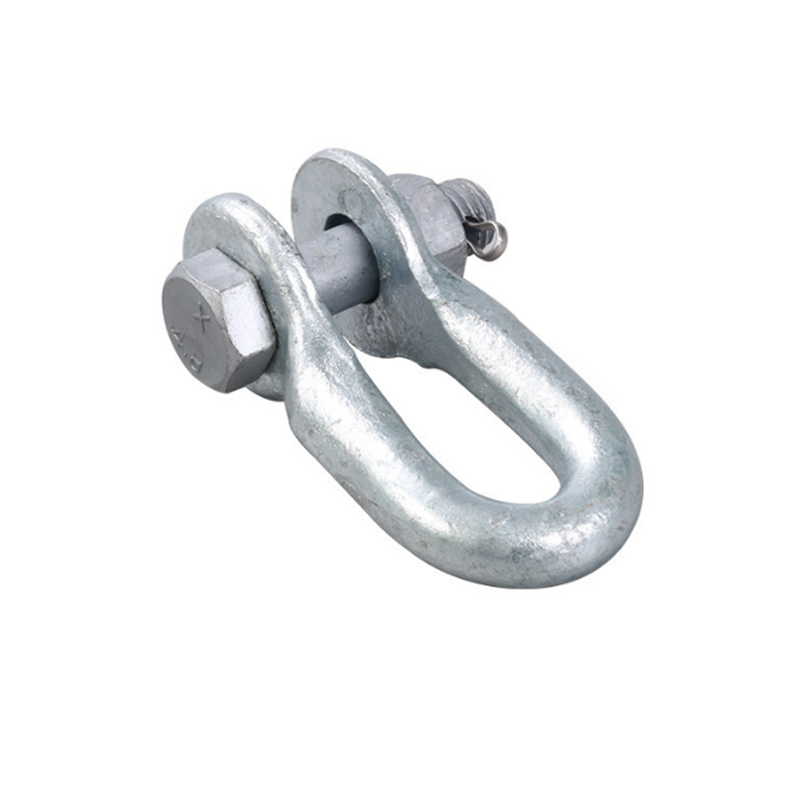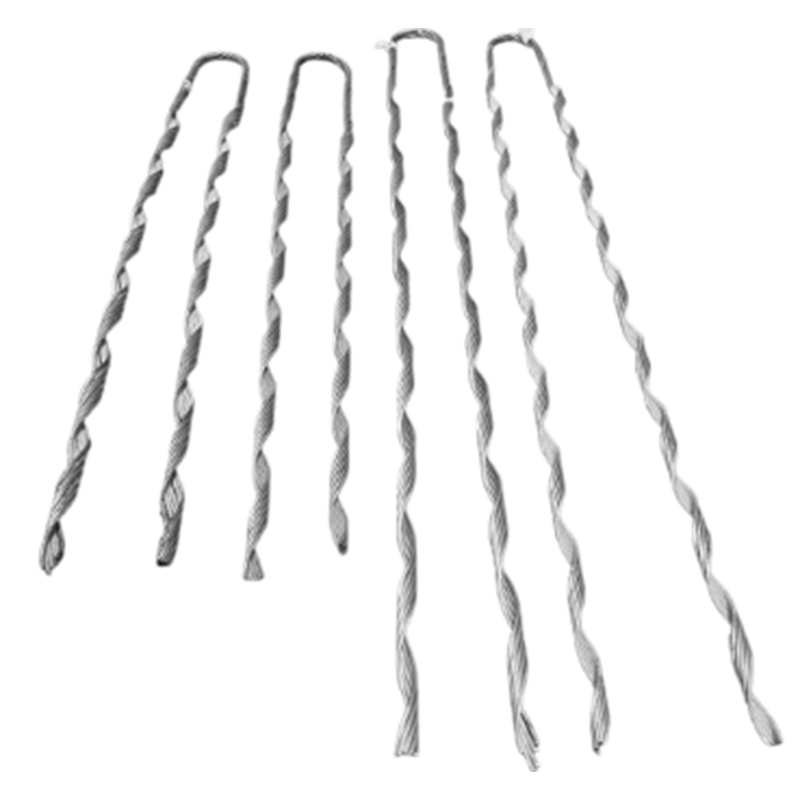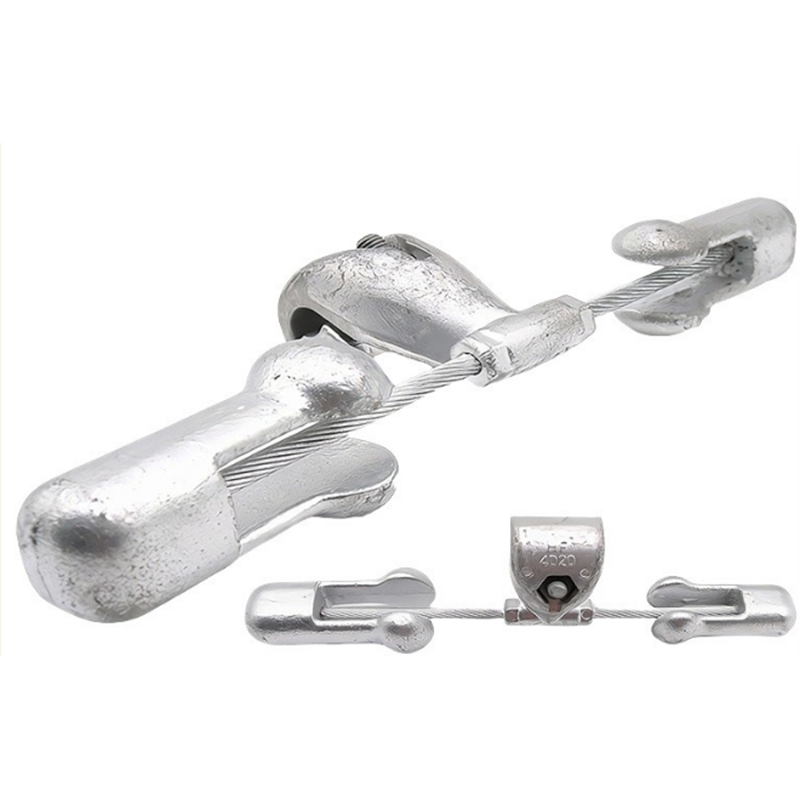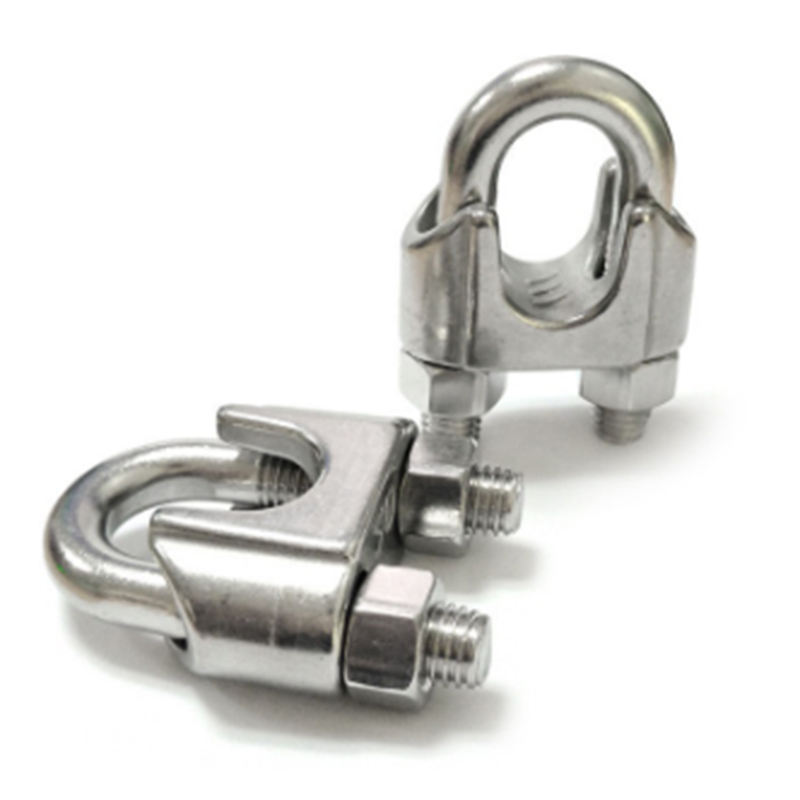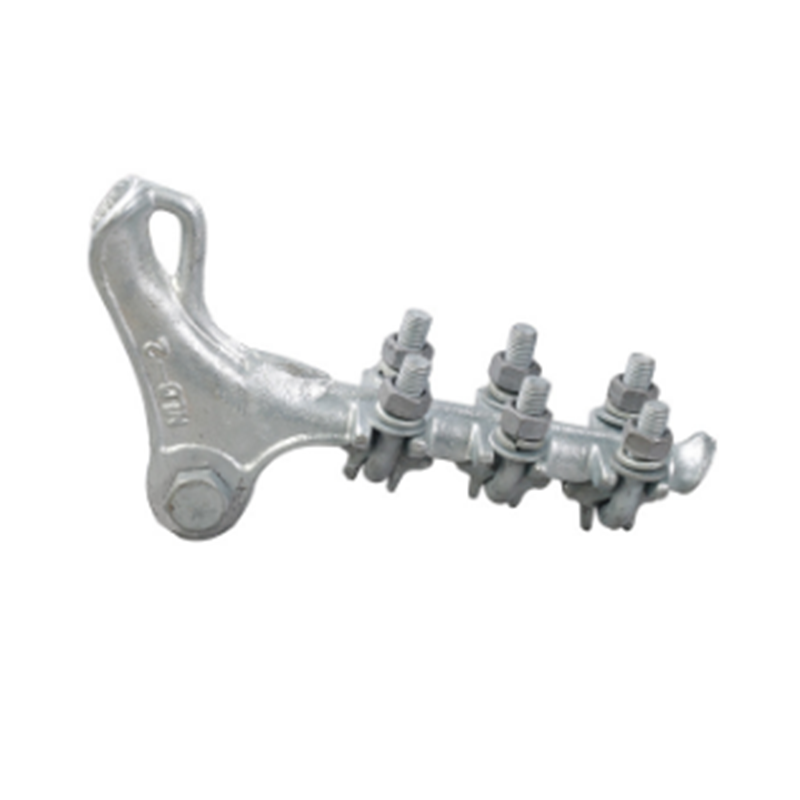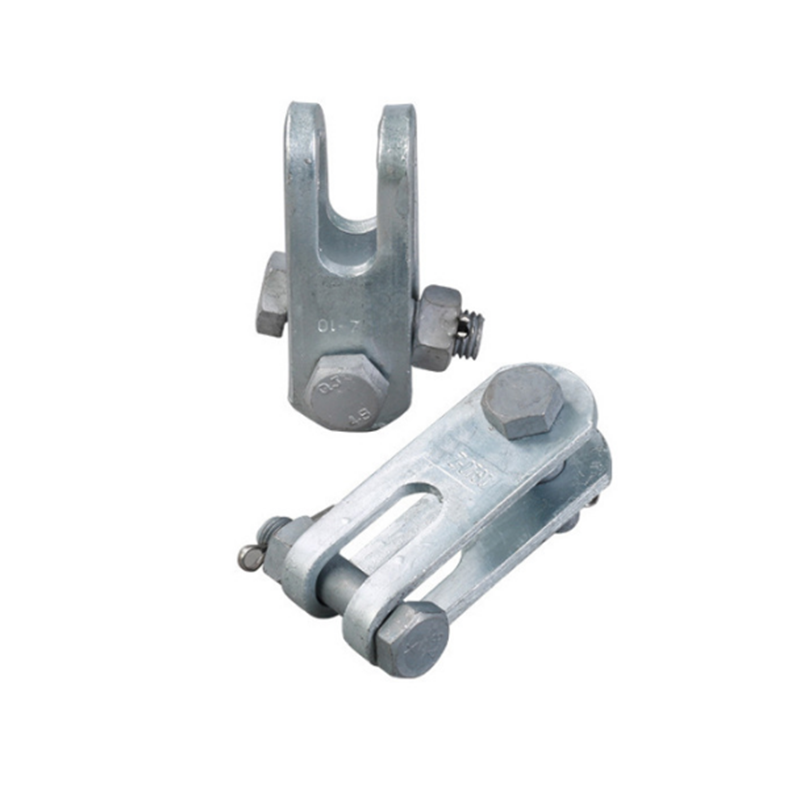- Chinese
- French
- German
- Portuguese
- Spanish
- Russian
- Japanese
- Korean
- Arabic
- Irish
- Greek
- Turkish
- Italian
- Danish
- Romanian
- Indonesian
- Czech
- Afrikaans
- Swedish
- Polish
- Basque
- Catalan
- Esperanto
- Hindi
- Lao
- Albanian
- Amharic
- Armenian
- Azerbaijani
- Belarusian
- Bengali
- Bosnian
- Bulgarian
- Cebuano
- Chichewa
- Corsican
- Croatian
- Dutch
- Estonian
- Filipino
- Finnish
- Frisian
- Galician
- Georgian
- Gujarati
- Haitian
- Hausa
- Hawaiian
- Hebrew
- Hmong
- Hungarian
- Icelandic
- Igbo
- Javanese
- Kannada
- Kazakh
- Khmer
- Kurdish
- Kyrgyz
- Latin
- Latvian
- Lithuanian
- Luxembou..
- Macedonian
- Malagasy
- Malay
- Malayalam
- Maltese
- Maori
- Marathi
- Mongolian
- Burmese
- Nepali
- Norwegian
- Pashto
- Persian
- Punjabi
- Serbian
- Sesotho
- Sinhala
- Slovak
- Slovenian
- Somali
- Samoan
- Scots Gaelic
- Shona
- Sindhi
- Sundanese
- Swahili
- Tajik
- Tamil
- Telugu
- Thai
- Ukrainian
- Urdu
- Uzbek
- Vietnamese
- Welsh
- Xhosa
- Yiddish
- Yoruba
- Zulu
- Kinyarwanda
- Tatar
- Oriya
- Turkmen
- Uyghur

Machine screws
The Intricacies of Machine Screws
In the vast world of fasteners, 'machine screws' often get used interchangeably with bolts, causing confusion even among seasoned professionals. Let's unravel this complexity by diving into what makes machine screws unique and indispensable in mechanical assemblies.
Defining Machine Screws
Machine screws are small fasteners that are designed to be threaded into tapped holes, usually in metal. Unlike bolts, which often require a nut, machine screws are intended to be used in pre-existing threads, ensuring precise and secure connections within the assembly.
These screws often come with a variety of head types and drives, offering versatility depending on your application's needs. Whether you’re working with slotted, Phillips, or even Torx heads, the choice can significantly affect the ease of installation and the overall hold of the screw.
Shengfeng Hardware Fastener Factory, located in Hebei Province, is renowned for producing high-quality machine screws among other fasteners. Their expansive selection — over 100 specifications — ensures that you can find the exact type you need for any job.
Material Considerations
The choice of material for machine screws is crucial. While stainless steel offers excellent corrosion resistance, carbon steel might be the better choice for applications needing superior strength. It's all about matching the screw's material to the environmental conditions it will face.
On one occasion, I was involved in a project that required installing machine screws in an outdoor setting. Initially, carbon steel seemed adequate, but the screws corroded faster than anticipated. We switched to stainless steel, resulting in a more durable and long-lasting solution.
Choosing the right material is all about foreseeing potential issues. An understanding of the environment where the screw will be used is vital, and sometimes engaging with the manufacturer for advice can be beneficial. Shengfeng's expertise in this area often proves invaluable.
Thread Types and Tensions
The threads are another critical element. Machine screws typically have either coarse or fine threads, each suited to different requirements. Coarse threads are generally quicker to install, but fine threads offer greater holding power under stress.
One common pitfall is the mismatch of thread types between the screw and the tapped hole. Ensuring compatibility is essential for secure assembly and often prevents the dreaded stripped threads scenario. Always double-check with suppliers like Shengfeng to ensure thread compatibility.
Additionally, the tension applied during installation can make or break the effectiveness of a machine screw. Over-tightening can lead to stripping, while under-tightening might compromise the joint’s integrity. Precision tools are invaluable here.
Applications in Various Industries
Machine screws find applications across a range of industries — from electronics to automotive. Each sector has its specific demands in terms of size, material, and threading, making it crucial to select the appropriate fastener.
In the electronics sector, smaller machine screws are typically used, often requiring precision handling. The automotive industry, on the other hand, demands durability and resistance, which means a more robust screw is essential.
At Shengfeng Hardware Fastener Factory, the diverse offerings and quality assurance processes ensure they meet industry-specific requirements, enhancing product reliability and safety across these fields.
Common Pitfalls and Solutions
Despite their simple appearance, using machine screws effectively can pose challenges. Common issues include selecting the wrong size or overlooking the importance of a pilot hole, which leads to misalignment and weakened assemblies.
In one memorable project, the absence of appropriately sized pilot holes resulted in multiple snapped screws — a costly mistake that taught the value of precision and preparation in pre-drilling work.
Continuous learning from past experiences, including failures, sharpens the understanding of machine screws. Leveraging resources, expertise, like those from Shengfeng, can prevent these pitfalls and ensure successful project outcomes.
Соответствующая продукция
Соответствующая продукция




